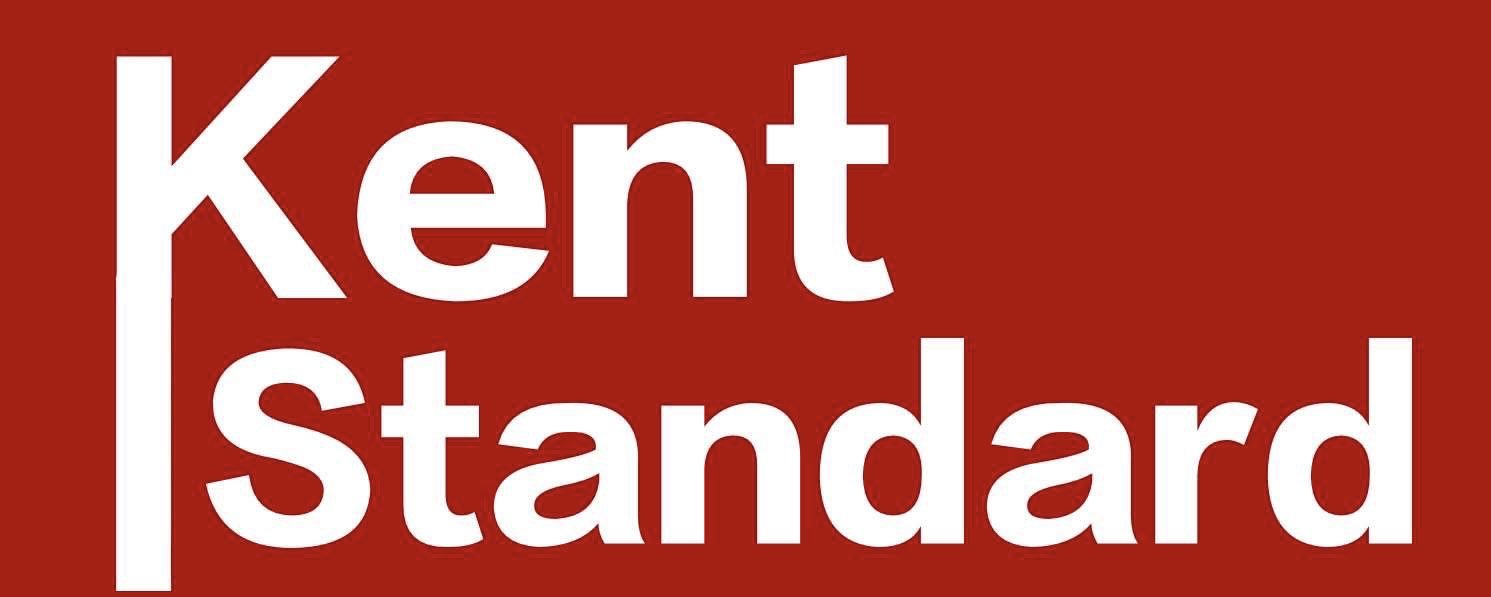Tooth decay is the number one reason why children aged six to 10 end up in hospital, and soon, it might get harder for patients to even find an NHS practice at all.
Underfunding within the NHS is causing dentists to find money elsewhere by changing to a private contract rather than staying under the NHS.
In fact, Think Tank, said “NHS dentistry in England is at its most perilous point in its 75-year history” with eight in 10 dentists in England not taking on new NHS patients.
Private Dentist at Kelvin House Dental Practice Whitstable, Binderpal Singh Bains, says he “felt suffocated by the restrictions imposed by the NHS dental contract.”
During his time working in NHS primary dental care, he said he did not feel that he was being rewarded for providing high quality work and felt much like the work he delivered was “simplified into a unit of payment” irrespective of the outcome that he delivered.
Mr Bains thinks that with the costs of living and healthcare provisions soaring, “NHS dentistry has not received the pay rise or cash injection that it so desperately needs to keep up with standards demanded by our profession, resulting in a real terms pay cut.”
“Private dentistry allows me to work at my own pace so that and gives me the opportunity to achieve a healthy work-life balance”, he said.
Labour MP for Rotherham, Sarah Champion, spoke at the Opposition Day Debate on NHS dentistry, last Tuesday, and stated that “NHS dentistry is in crisis.”
Mrs Champion referred to vast parts of the country as so-called “dental deserts”, where no dentists are available.
The NHS has consistently failed to spend its full budget on dentistry every year excluding the year of the pandemic (2020/21), with the British Dental Association estimating a projected underspend of £400 million in 2022/23, amounting to around 13% of the overall budget.
She is calling on the Government to provide an extra 700,000 urgent appointments a year, introduce an incentive scheme to recruit new dentists to the areas most in need and a targeted supervised toothbrushing scheme for three to five-year-olds to promote good oral health and reform the dental contract to rebuild the service in the long-run.
She confirmed that five million patients tried but failed to get an appointment in the past two years and millions more needed dental care but did not bother trying to book an appointment because they knew it would be impossible.
In fact, Mrs Champion warns “we face the moral outrage of one in 10 Brits saying that they have been forced to attempt dentistry themselves because the NHS was not there for them when they needed it.”
With NHS practices, there is a drive to see a high volume of patients in a very short space of time.
Mr Bains believes that this way of working is “hard to sustain throughout one’s career”, and a “constant focus on speed takes the focus away from delivering high quality care.”
Another factor that pushed Mr Bains to go under a private contract, aside from the underfunding, is that in an NHS dental practice, you’ll likely find that you do not see the same dentist every time you attend, making it harder for a patient to develop a rapport with a given dentist.
Which may either be due to staff availability or due to high stress and staff turnover in NHS practices.
If dental colleagues are not incentivised to stay in the NHS, he believes NHS dentistry could “eventually take the form of a skeleton service, for emergency purposes only.”
Mr Bains thinks the NHS may look to continue their drive to recruit overseas dentists who would accept a lower wage for the same work, however, this may come with language/cultural barriers and therefore, “patient continuity will be a thing of the past.”
“I believe dentists require a pay rise at the performer level to be incentivised to stay in the NHS. This way, they can work in a more sustainable fashion and lowers their risk of burnout during their career. Sadly, I do not feel this is likely”, he told us.
He believes that the majority of new patient enquiries that Kelvin House Dental Practice receives, are due to patients growing tired and fed up with the constant of NHS dentistry.
